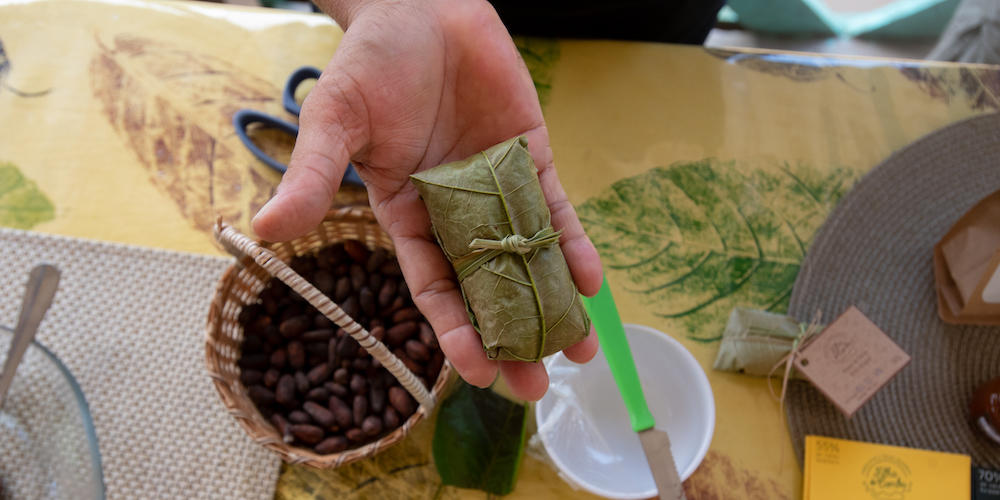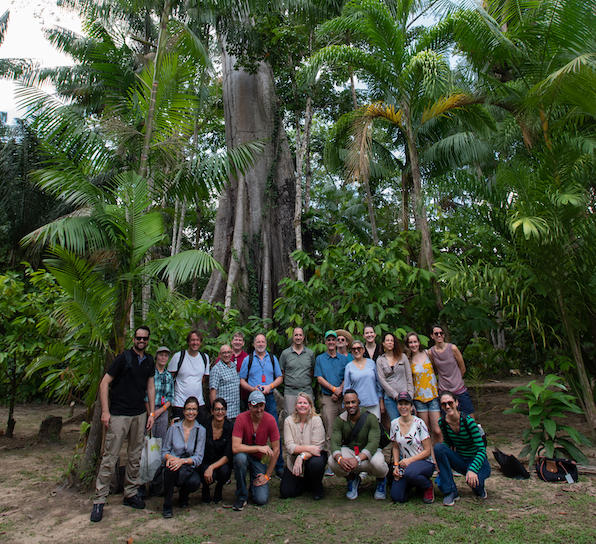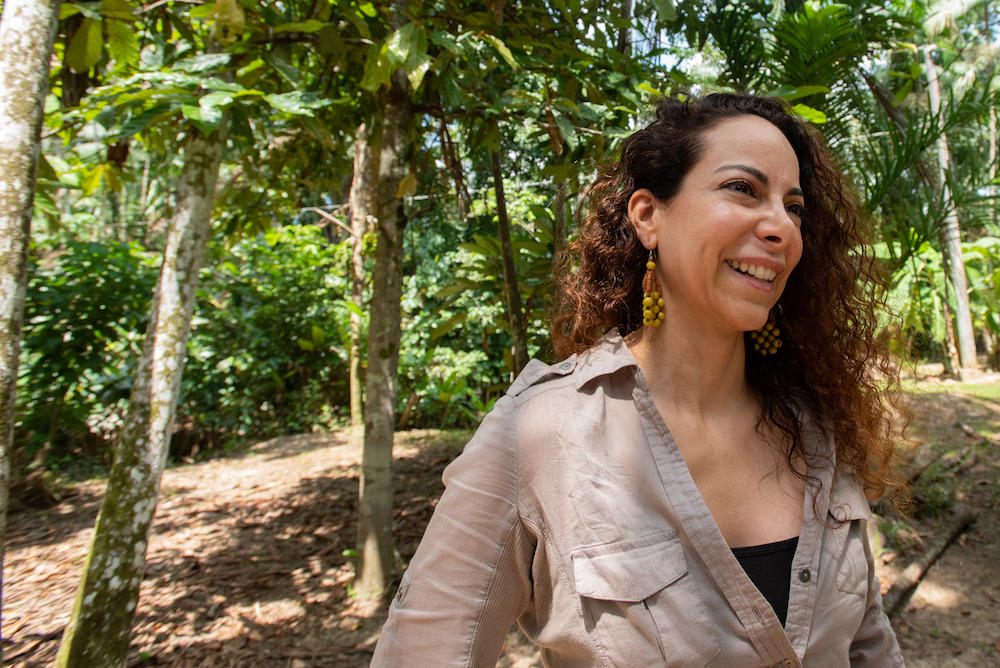Blog Environmental Finance gives award to Alliance-backed impact investment fund in Brazil

The Althelia Biodiversity Fund Brazil, which launched last year with a $15 million USD cornerstone investment from the Alliance, was recognized as an impact investment fund of the year by Environmental Finance. The award underscores the growing success of the Alliance’s private-public partnerships in Brazil.
The Alliance of Bioversity International and CIAT congratulates the $100 million USD Althelia Biodiversity Fund (ABF) in Brazil for winning the inaugural IMPACT award from Environmental Finance for “Impact investment fund of the year” in the multi-asset category. The award recognizes ABF for providing finance and credit to innovative and sustain sustainable activities that protect, restore or improve biodiversity and community livelihoods in Brazil’s Amazon region.
The fund was established in 2019 with a $15 million USD cornerstone investment from the Alliance. The ABF is structuring a number of deals and developing more, reported Environmental Finance when announcing the award.
“This reaffirms that we are on the right track with our efforts on sustainable finance,” said Andy Jarvis, the Associate Director General of the Alliance:
“If we as a research organization wish to truly have impact at scale, linking up our technical capacity with the world of impact investing is a sure-fire means of achieving that. The award confirms that we have jointly developed a highly innovative financial instrument which is poised to pave the way for new paradigms to conserve the critical biodiversity, livelihoods and carbon in the Amazon.”
A first of its kind, the fund was launched to support local economic models that promote biodiversity. In the rapidly growing world of green finance and shifting development priorities, ABF helps fill a gap by providing flexible finance for sustainable businesses that want to have a transformational, positive impact on Amazon biodiversity and local communities.
The fund, managed by Mirova Natural Capital, aims to overcome several risks and challenges that have kept impact investors away from the Amazon. The fund specifically aims to support sustainably managed agroforestry, farming, protected areas, and biodiversity-friendly service providers.
Partnership Platform for the Amazon
The ABF is part of a broader private sector-led initiative, the Partnership Platform for the Amazon (PPA). The PPA is a collective action platform to develop and identify innovative solutions for sustainable development and conservation of the Amazon’s biodiversity, forests and natural resources.

Alliance researchers conduct a field visit with PPA beneficiaries/sustainable businesses in the Brazilian state of Pará in November 2019. All photos credit: S.Mattson
In addition to impact investing, the PPA promotes other financial instruments and models to provide much-needed capacity building and resources to small, medium and large sustainable ventures and conservation activities in the Brazilian Amazon. Within this framework, ABF targets medium and large sustainable enterprises, which, given the lack of strong markets for local products and inherent infrastructural limitations in the region, often makes them risky and ineligible for traditional credit lines.
Established in 2017, the PPA has invested about $1 million USD in 30 sustainable businesses. With 41 partner organizations, including USAID, the PPA covers some 15,000 hectares that potentially would have been subjected to unsustainable practices. The PPA is an effective incubator of sustainable businesses, some of which have grown to the point that they are candidates for larger funders like ABF.
As part of the initiative’s evolution, the PPA recently restructured its coordinating and governance body to respond to the demands of the rapidly growing platform. This included entering into an agreement with SITAWI Finanças do Bem, a Brazilian NGO in the sustainable finance sector, to be the PPA’s fund manager. To incorporate different financial instruments and to support a variety of private sector funded business models, the PPA is establishing itself as a fund, where grants, equity loans, patient capital, and others, will be managed directly by SITAWI. (SITAWI is not involved in the management of ABF.)
The Alliance has not only been facilitating the implementation of the PPA and the creation of the ABF funds, but is also monitoring and evaluating the impacts and performance of the individual initiatives and enterprises for biodiversity conservation and other socioeconomic benefits. This will help provide evidence to cultivate a pipeline of proven start-up and small initiatives that may graduate from the PPA and be scaled-up through ABF. The Alliance, USAID, and Brazilian scientific partners are working on a ten-year evaluation of a set of fund investments to measure and track their impact over time.
“Through the ABF and PPA, we are not only innovating the way conservation is approached, but we are re-thinking the way research for development is conducted,” said Wendy Francesconi, the Alliance’s theme leader on ecosystem services and environmental impact:
“Our participation in the design and facilitation of strategic partnerships and impact investment initiatives, helps build the critical mass that ignites the chain reaction required for achieving transformational change.”

The Alliance plays a key role by serving in a technical capacity to develop partnerships, platforms and funds. Additionally, the Alliance provides supported initiatives with science-based information for decision-making and adaptive management. Francesconi concludes:
“While the initiatives are small compared to the large-scale challenges currently facing the Amazon, the systematic implementation, continued growth and diffusion of multi-benefit business models will serve as an impetus for widespread sustainable growth across the region.”
